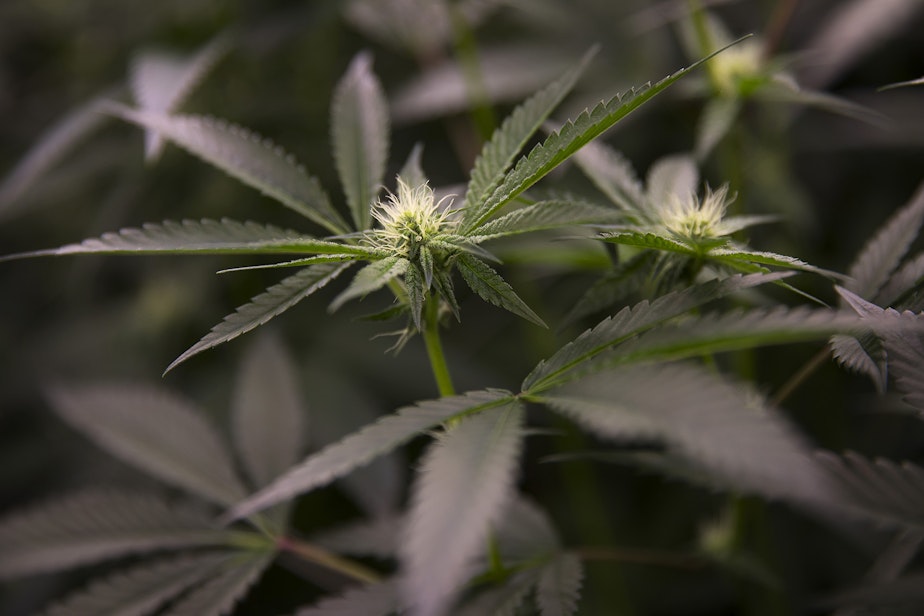What would the reclassification of cannabis mean for Washington state businesses, researchers?

The U.S. Drug Enforcement Administration is poised to reclassify cannabis from a Schedule I drug to Schedule III. Cannabis researchers and business owners in Washington state say the move is a good first step, but they hope more reforms are in the works.
Marijuana's longtime classification as a Schedule I drug has put it at odds with laws in several states, including Washington.
Schedule I drugs and substances are defined as drugs with “no currently accepted medical use and a high potential for abuse," and include heroin and LSD.
Schedule III drugs are considered to have "a moderate to low potential for physical and psychological dependence," and include ketamine and anabolic steroids.
The rescheduling is the first significant move on federal marijuana policy since the Nixon administration, when cannabis was originally scheduled.
"It's not legalization, and not what most reform advocates would hope for, but it is a step," said Seattle University Law Professor Deborah Ahrens. "It might be a signal that the Biden administration might be open to other reforms going forward."
Sponsored
Once categorized as Schedule III, cannabis would still be illegal at the federal level, but the move would ease some of the restrictions placed on cannabis research.
"Because it was Schedule I, researchers that want to work with the plant have to be very careful how they handle it," said David Gang, the director of Washington State University's Center for Cannabis Policy, Research, and Outreach.
Gang described the process of obtaining cannabis for research, which needed to come from an official DEA-approved laboratory source. For many years, that source was a National Institute of Drug Abuse facility in Mississippi.
Gang's team wanted to better understand locally sold products after legalization in Washington, so he requested permission to purchase and study products at dispensaries. That request was denied by the DEA.
"The rescheduling to Schedule III will reduce a lot of that burden," Gang said. "We think it should open up access to products that are out there in the marketplace."
Sponsored
For cannabis business owners, rescheduling would remove the 280E tax burden, which applies to Schedule I and II drugs.
"That disallows us from taking what's called 'normal and ordinary' business deductions from our federal tax obligations," said Micah Sherman, the co-founder of an Olympia area farm called Raven.
Sherman currently pays taxes on revenue that is used for business expenses. People in other industries would deduct those expenses.
"So we have really high effective tax rates as a result of that," Sherman said.
The move wouldn't open business up to normal banking and payment services. Sherman also noted that the exact language in the memo written by the Justice Department to initiate this change remains unclear. That wording will determine the other impacts from the rescheduling.
Sponsored
Overall, Sherman has mixed feelings about the rescheduling and wants to see cannabis no longer listed as a controlled substance.
"While there is some positive aspects to having the federal government acknowledge the medical value of cannabis," Sherman said, "given where we're at the state level, I think it's a bit behind where we're at right now."
Listen to Soundside’s full conversation with Micah Sherman, David Gang, and Deborah Ahrens by clicking the play icon at the top of this story.




